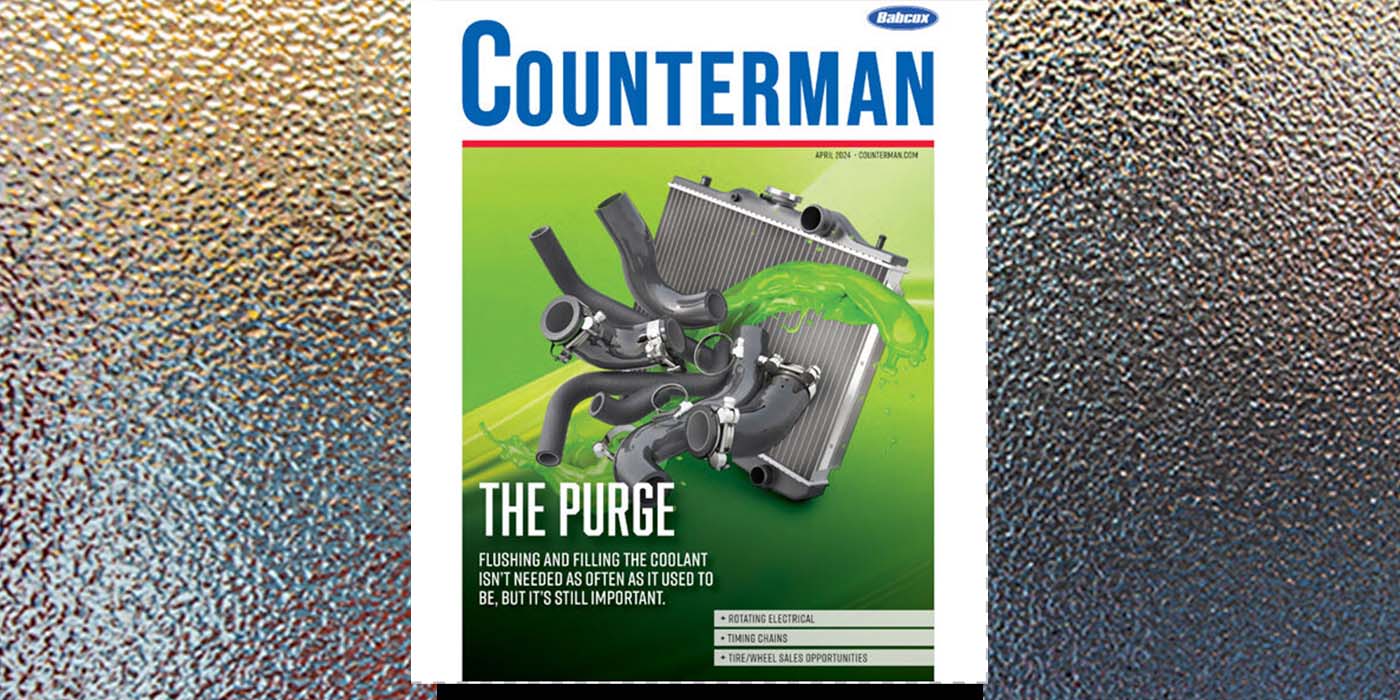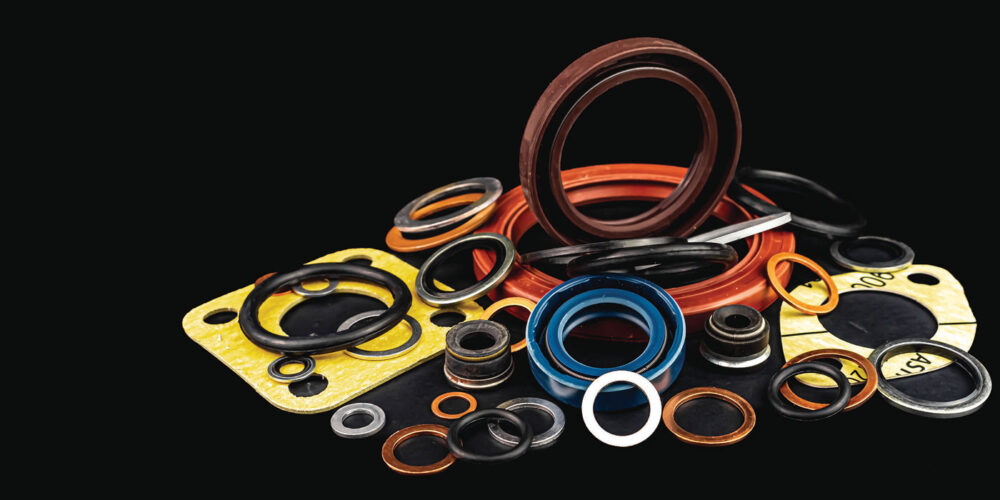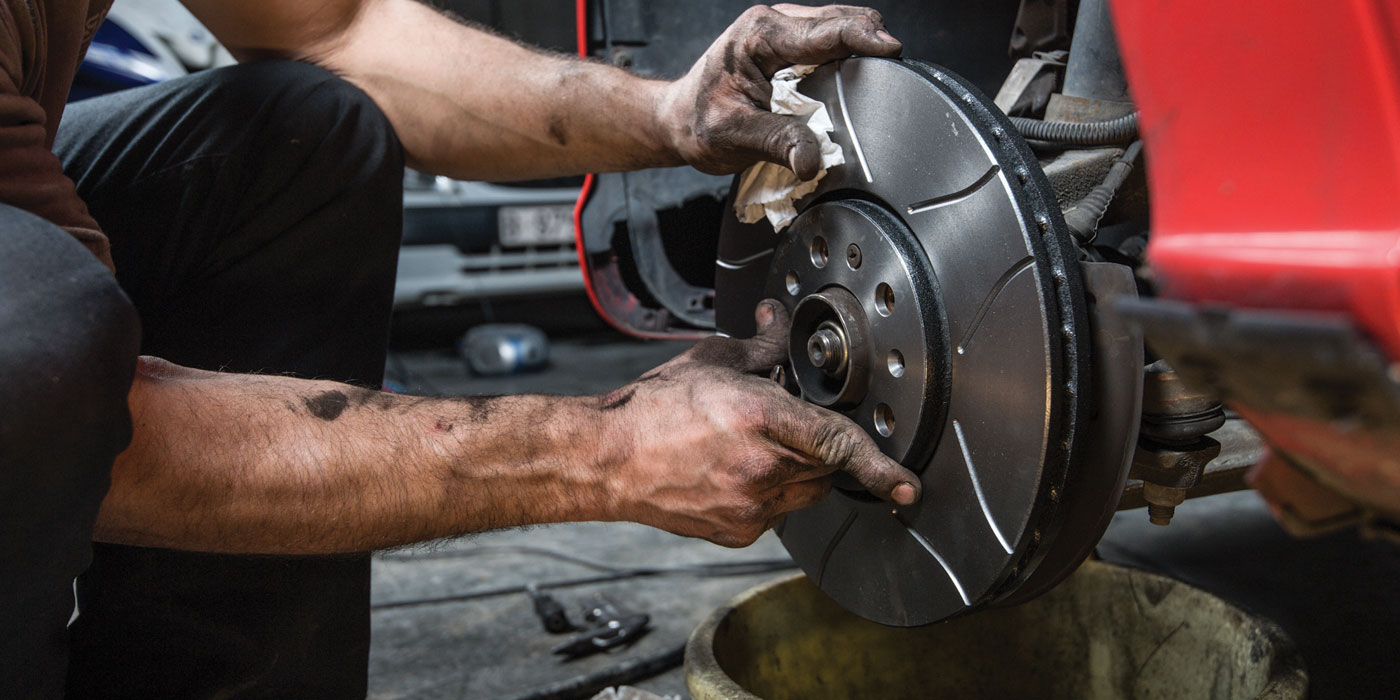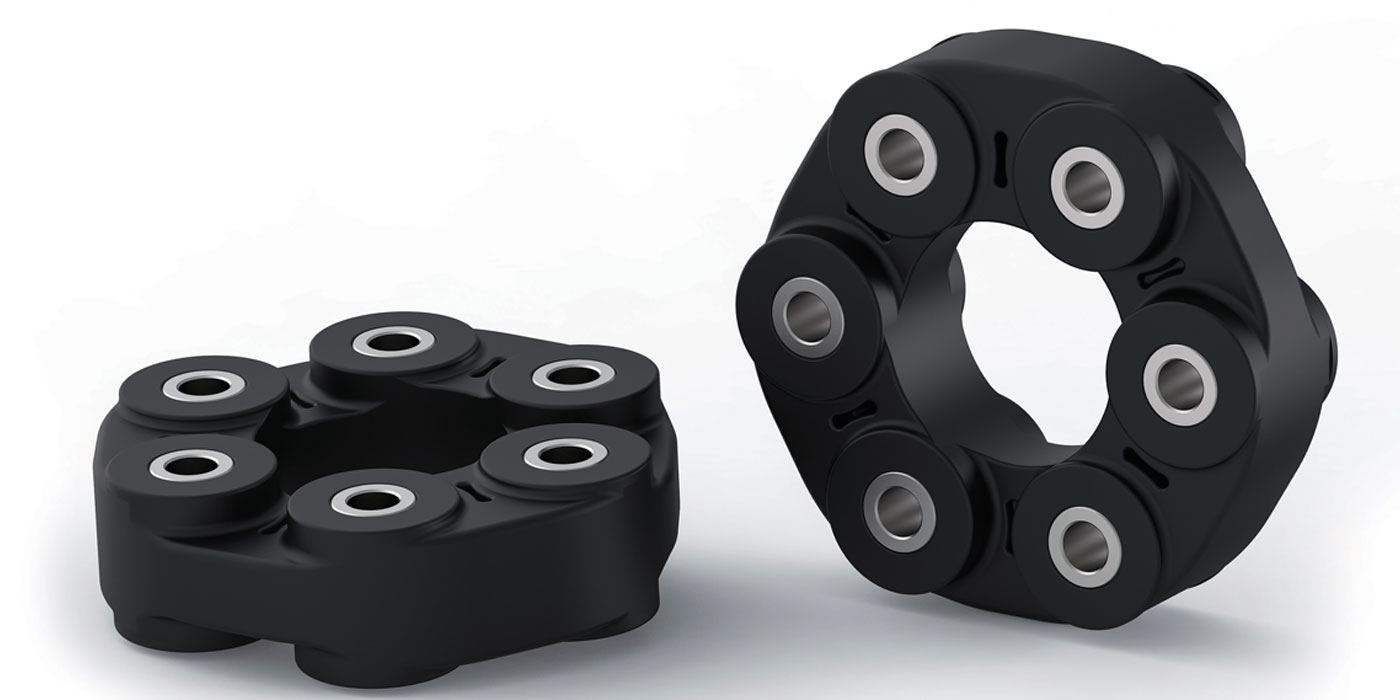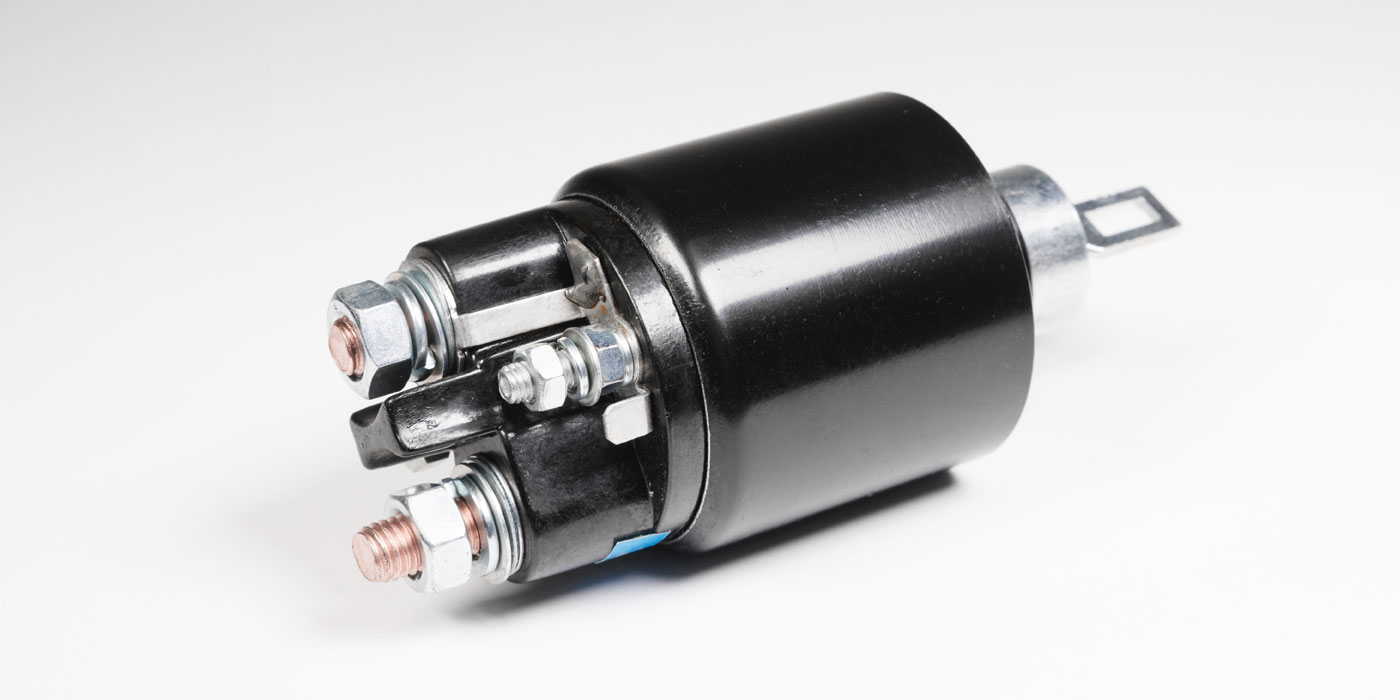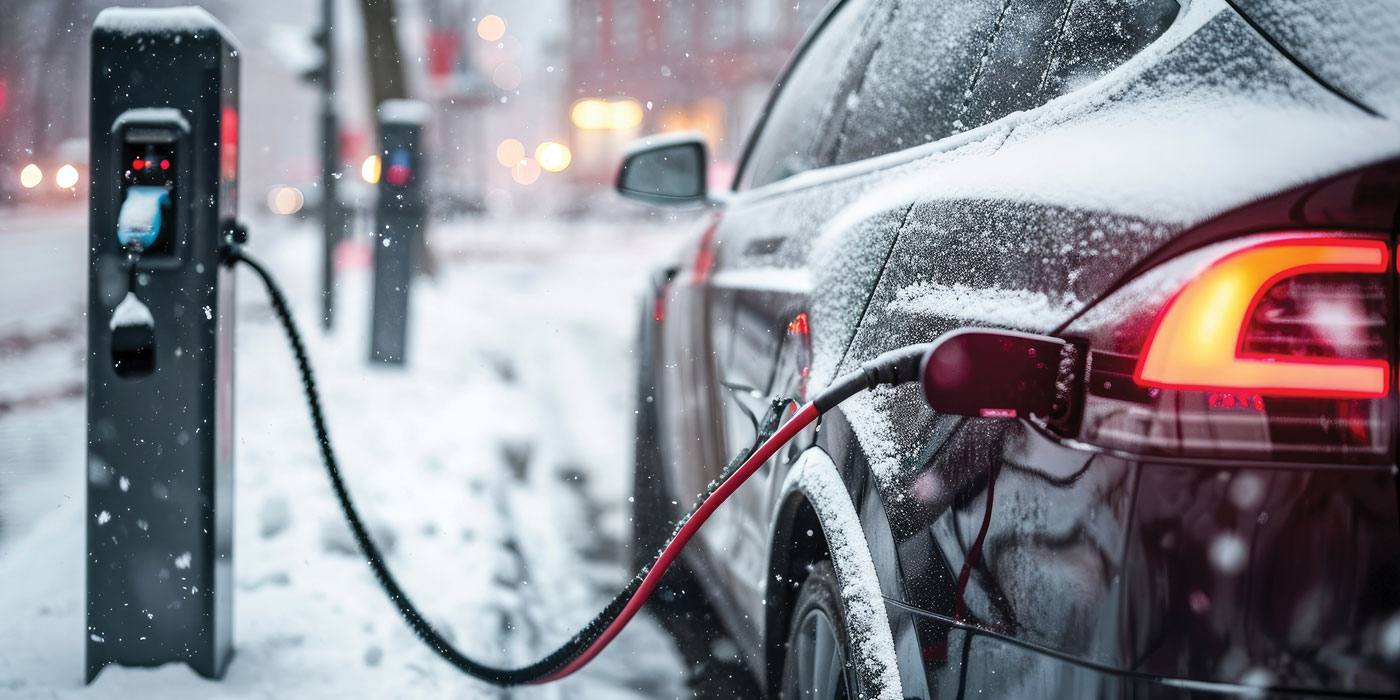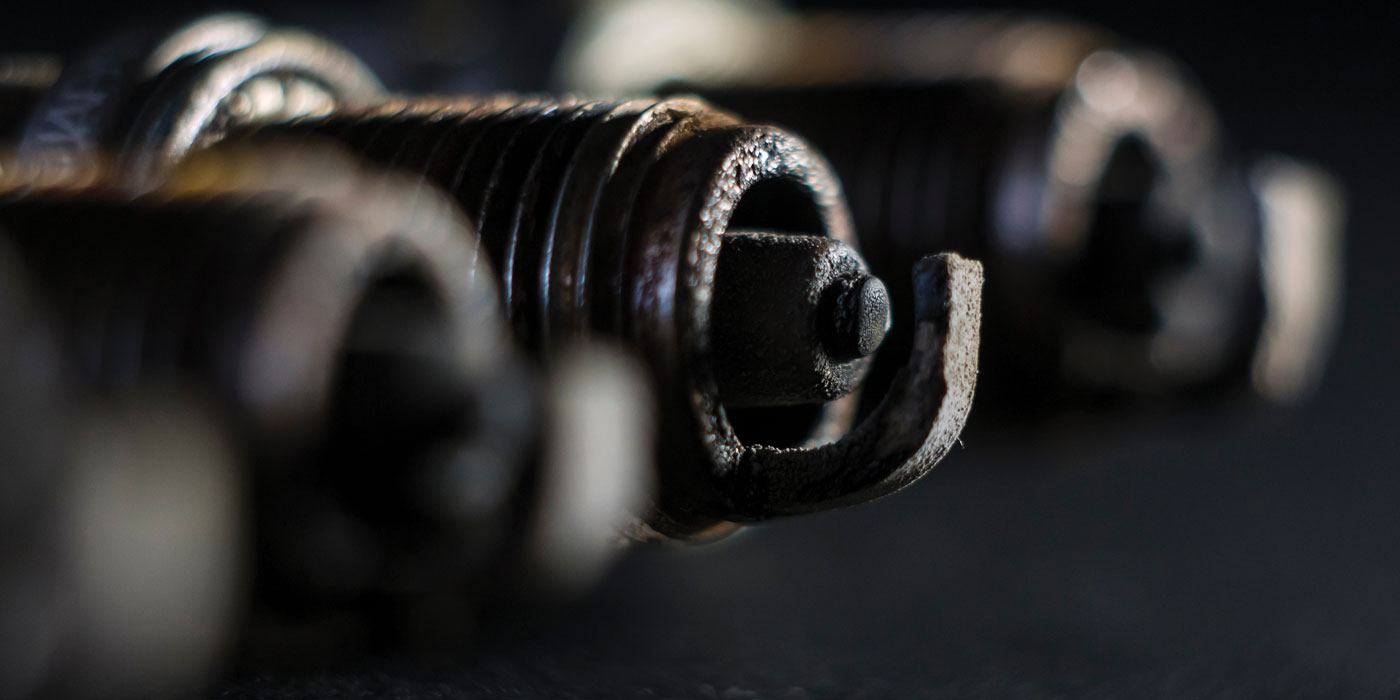What’s a common cause of head gasket failure?
A. There can be numerous causes, but one of the most common is engine overheating. If the engine gets too hot for any reason (loss of coolant, failure of the water pump, thermostat or cooling fan, breaking the serpentine belt), the cylinder head can swell so much it will literally crush the head gasket (usually between the cylinders since this is the thinnest point on the head gasket). The extruded material and/or cracked combustion armor then provides a leak path for coolant and/or combustion gases.
Replacing the head gasket will fix the leak, provided the head hasn’t warped and isn’t out-of-flat. However, the underlying cause that made the engine overheat in the first place also needs to be diagnosed and repaired so the newly installed gasket will seal properly and won’t leak.
The cooling system on many late-model vehicles is just barely adequate (to reduce weight and cost), so only a little loss of coolant or cooling efficiency can make an engine run hot and overheat. A low coolant level, a dirty cooling system, a cooling fan that is slow to kick in, a sticky thermostat, even a plugged converter can all make an engine run hot and overheat.
Q. Can detonation damage a head gasket?
A. Yes. Detonation is another common cause of head gasket failure. Detonation causes a sharp spike in combustion chamber pressure, which over time can overload and crack the gasket armor that surrounds the cylinder. This leads to burn through and loss of compression.
Detonation can be caused by a variety of problems. One is an accumulation of carbon in the combustion chamber that increases compression. Many late-model engines run fairly high-compression ratios, and some require premium octane fuel. If compression reaches a point where the fuel ignites spontaneously before the spark can set it off, the engine will knock and ping under load.
Mislabeled fuel that does not have the octane rating claimed on the pump can also lead to trouble in high compression or turbocharged engines, especially when the engine is working hard under load or high boost pressure. If there isn’t enough octane-boosting additives in the fuel, the engine may experience mild to severe detonation.
Other factors that may increase the risk of detonation include a EGR system that isn’t working (by diluting the air/fuel mixture slightly with exhaust, EGR actually helps cool combustion temperatures under load). Over-advanced ignition timing can also cause detonation, as can an overly lean air/fuel mixture or a defective knock sensor. Any problems in the cooling system that make the engine run hotter than normal will also increase the chance that detonation may occur.
One way to tell if detonation or overheating caused a heat gasket failure is to carefully measure the head gasket with a micrometer in the area where it failed. If overheating or a hot spot was the cause, the gasket will be crushed and measurably thinner in the damaged area.
If detonation caused the failure, the armor around the combustion chamber will usually be cracked. When a customer is replacing a head gasket, its important to make sure the mounting surfaces on both the cylinder head and engine deck are clean, smooth and flat — otherwise the gasket may not seal properly, leak or fail. If flatness is not within specifications, the head or block will have to be resurfaced.
For engines with aluminum heads, flatness should be 0.002 in. (0.05 mm) in all directions. If an engine has torque-to-yield (TTY) head bolts, the old head bolts should be discarded and replaced with new.


